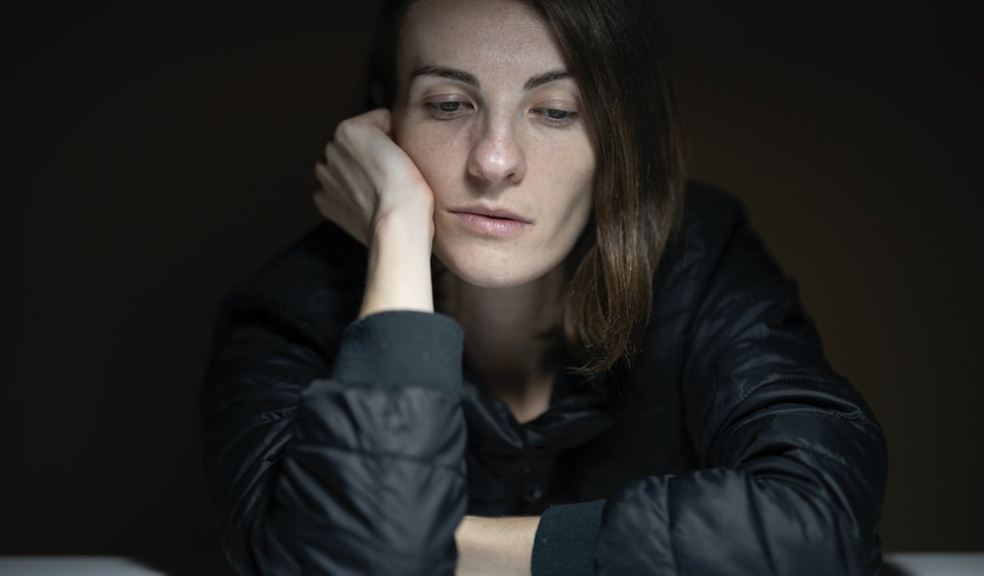
5 Tips for Anyone Who Gets Depressed in the Summer
Are the long and hot summer days bringing you down? Making you feel sad, stressed, and miserable?
While most people seem to have a great time - booking their vacations on the beach and relaxing in the sun, summer can seem like everything but for others.
The summertime sadness you are experiencing can sometimes actually be SAD - Seasonal Affective Disorder. Most people will experience SAD during winter, but with somewhat reversed symptoms, SAD can also occur during the summer days.
Read on to learn how to recognize the condition and five essential tips to make summer easier.
How to Recognize the Summertime Blues?
Even though the symptoms of SAD follow the seasonal pattern, worsening during winter or summer, SAD is a type of major depression.
The symptoms of major depression range from:
- low energy levels,
- difficulty concentrating,
- losing interest in activities, you used to enjoy,
- feeling hopeless or worthless,
- feeling depressed most of the day,
While winter SAD usually comes with an increase in appetite and excessive sleeping, summer SAD has some symptoms reversed, making the people experiencing it feel:
- lack of appetite and weight loss,
- insomnia,
- anxiety,
- agitation and restlessness.
If your summertime experience falls under the lines above, following the tips below can help you turn the tables.
- Seek Professional Help
Many people with Seasonal Affective Disorder may wonder, can therapy help with depression? After all, therapists can’t fix the heat or the sunlight, nor can they help with the changing rhythm they’re experiencing.
But, never take the signs of depression lightly and wait for the symptoms to resolve themselves.
Sometimes, this just won’t happen. A bit sour SAD episode may turn into a longer-lasting bout of major depression, strongly affecting the quality of your life.
No matter what time of year symptoms occur, therapy is the best way to deal with them.
Therapists, such as psychologists, social workers, or psychiatrists, can help you identify your triggers and develop strategies to cope with depression. Your doctor or a psychiatrist can also determine whether medicines for depression might be appropriate for your condition.
- Keep It Dark and Cool
People with summer depression often struggle because of the high temperatures and other uncomfortable environmental factors, like extreme sun, light, or high humidity.
Changing your environment can do a lot to help. Finding places where you can get comfortable - cool and out of the sun is crucial.
During the hottest parts of the day, it’s advisable to stay indoors with shades down and preferably the AC on. If you don’t have air conditioning, try going to the mall or the movies to cool down.
To stay cool, try to:
- Stay hydrated throughout the day for lower body temperatures. Furthermore, if your daily water intake is low during the summer months, you won’t be able to avoid dehydration and fatigue.
- Prevent sunburn by using sunscreen.
- Wear lightweight clothes and hats to cover and protect your skin.
Many people with summertime depression also find it beneficial to wear dark sunglasses during the day. Besides alleviating the symptoms of summer SAD, sunglasses shield your eyes from harmful UVA and UVB light.
- Try to Get Enough Sleep
Whether you are diagnosed with depression or not, getting adequate and high-quality sleep is vital for your physical and mental health.
While those with winter SAD tend to sleep too much, summer depression is often linked with difficulty sleeping and insomnia.
To help improve your mood, try to make getting enough sleep your priority.
Here are some of the things you can try:
- Keep your sleeping schedule the same. Try to go to sleep and get up at the same time, aiming for 7 to 9 hours of quality sleep.
- Use blackout shades to darken your room and cool it down as much as possible.
- If you find it difficult to relax before bed, use some stress management techniques, such as deep breathing or meditation
- Avoid big meals before bedtime, as well as caffeine and alcohol. Regarding caffeine, noon is the best time to quit your daily intake.
- Avoid using any screens before sleeping. It is best to leave them out of the bedroom and read to help you get sleepy.
- Exercise Regularly
Staying active is one of the best ways to keep depression at bay. But, when the weather gets too hot and muggy, it’s easy to ditch and forget all about your regular workout routine.
Summer days are just too hot for outdoor exercise, so try to make a fitness plan that you will be able to follow. Consider switching your regular outside workouts with indoor practice to stay inside cool, air-conditioned spaces.
A gym is a great solution, but you can also consider getting essential fitness equipment in your cool basement.
If you are into outdoor running, consider starting earlier or later in the evening, when it’s not so hot.
Taking part in any physical activities will help you reduce the symptoms of depression. Even though any action can be helpful, you should aim for 30-60 minutes daily to get the most benefits.
- Prioritize Self-Care
Including activities in your day that will recharge your energy can help restore your mental wellbeing or prevent your symptoms from worsening.
Self-care activities can vary significantly from one person to another. Still, they will usually address your health - physical, emotional, spiritual, or mental health. Here are some of the ideas:
- Reading or studying
- Playing with your pet
- Journaling your emotions
- Mindfulness meditation
- Deep breathing
- Praying if you’re spiritual or religious
- Practicing positive self-talk
- Catching up with a close friend or family member
- Styling your hair
- Listening to music
- Taking a walk
- Taking a hot bath
Self-care also includes avoiding activities that seem to stress or negatively affect you. These so-called “depression traps” are different coping mechanisms a person has developed - from neverending scrolling of social media feeds to excessive drinking or spending beyond your means.
While engaging in these activities may help you cope with your depression, making them a habit is not in your best interest.
Don’t beat yourself up just because it’s July, and you’re supposed to be happy. Being open and honest about your feelings is the first step to recognizing your triggers. The tips above will help you overcome your summer SAD.













